Does Your Pennsylvania Wine, Winery, Restaurant Or Hospitality Business Have A Winning Name?
Does your Pennsylvania wine, winery, restaurant or hospitality business have a winning name? In my earlier post, Can A Rose By Any Other Name Still Be A Rose we considered some of the challenges associated with naming your new winery, wine, restaurant or hospitality business. By now, many of you newer entrepreneurs have surely discovered that naming your business indeed requires significant thought, imagination, and creativity.
some of the challenges associated with naming your new winery, wine, restaurant or hospitality business. By now, many of you newer entrepreneurs have surely discovered that naming your business indeed requires significant thought, imagination, and creativity.
But once you’ve come up with that one memorable business name that perfectly reflects your brand, you should now give consideration to taking those steps necessary to protect your business identity. Register your new business name as a trademark.
A trademark is a distinctive word, slogan, phrase, logo, graphic, symbol or other mechanism used to identify the product source and to distinguish your product from everyone else. If you’re starting out as a new winery, restaurant, or hospitality based business, having the exclusive right to use your selected name without interference and confusion by use of others can be greatly beneficial.
A good example is Black Boxed Wine. Its a wine that is sold in a square black box. Its very hard not to miss the identity and source of that wine and its brand. Its a product that is well distinguished from other wine brands. Just like Black Boxed Wines, if you’re the first to use and register your trademarked name you can prevent other businesses from using the same or similar marks.
How can you can achieve comprehensive protection of your brand’s identity? You can accomplish this by registering your mark under state, county and federal trademark laws.
To do so, you’ll need to conduct a full search to ensure no one else is utilizing the name or mark you have in mind. You can conduct your search by checking with both your Secretary of State’s trademark registers and the Federal trademark register at the U.S. Patent and Trademark Office. These are ways you can determine if the name you have selected is available for your business.
You may also consider the use of a professional trademark search service. While the latter can be quite expensive, such services have a high degree of reliability. A well conducted search will help you to avoid the possibility of paying damages to a first user in a trademark infringement suit who has challenged your use of their name.
Once you have checked the availability of your new business name, register your name with the Secretary of State in your jurisdiction and the U.S. Patent and Trademark Office. By doing so, you will have established the legal presumption that you are the trademark owner of your business name. You can more likely substantiate ownership if a dispute over your mark ends up challenged in a court of law or whether other marks exists that conflict with your own. If someone infringes your mark, you can hire legal counsel to pursue and protect your interests.
Does your Pennsylvania wine, winery, restaurant or hospitality business have a winning name? If so, protect your brand. Trademark your name.
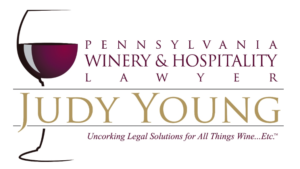
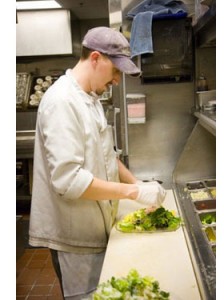 summertime is as good a time as any to discuss ways to avoid food liability claims against your winery, restaurant, or hospitality based business. Ingesting foods that have been contaminated by bacteria, viruses, parasites or chemicals can indeed cause food borne illnesses.
summertime is as good a time as any to discuss ways to avoid food liability claims against your winery, restaurant, or hospitality based business. Ingesting foods that have been contaminated by bacteria, viruses, parasites or chemicals can indeed cause food borne illnesses. 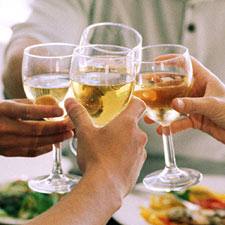
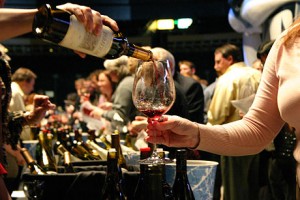 against liquor liability claims this summer this is a good time as any, to pause and take note of a few useful tips.
against liquor liability claims this summer this is a good time as any, to pause and take note of a few useful tips. franchise. One friend purchased a pizza franchise while the other purchased a computer repair franchise. Each is reaping the benefit of investing in an existing business model and brand for which the corporate name, logo, products, services, business and marketing processes are already in existence.
franchise. One friend purchased a pizza franchise while the other purchased a computer repair franchise. Each is reaping the benefit of investing in an existing business model and brand for which the corporate name, logo, products, services, business and marketing processes are already in existence. 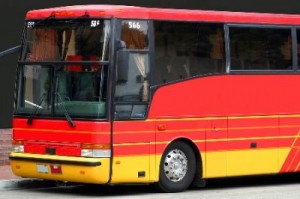 owner of
owner of